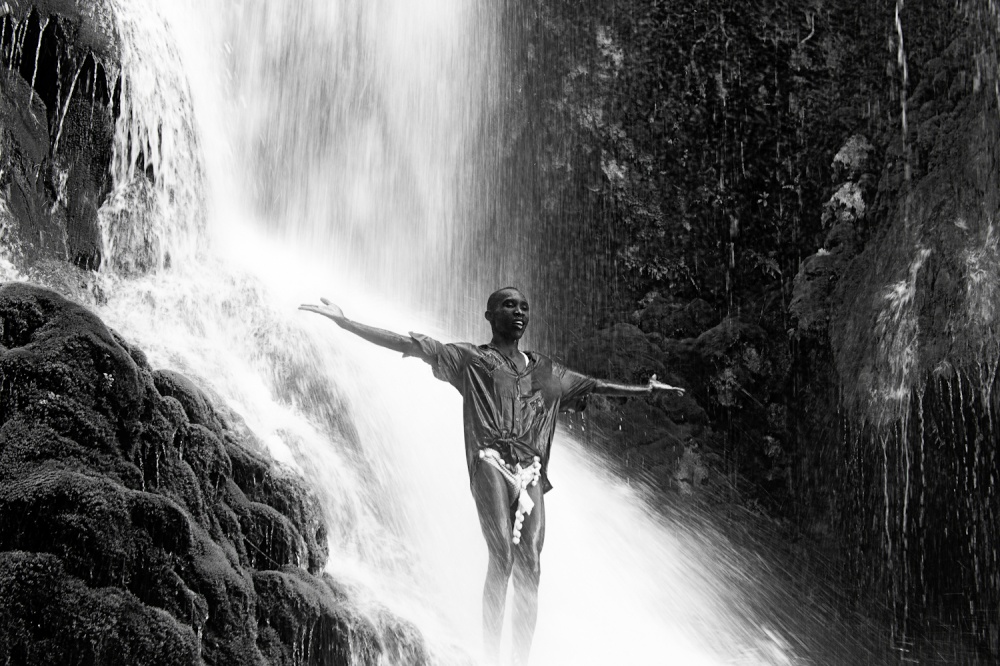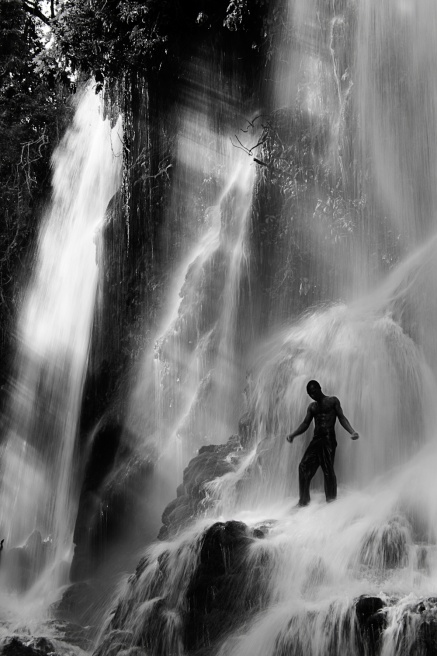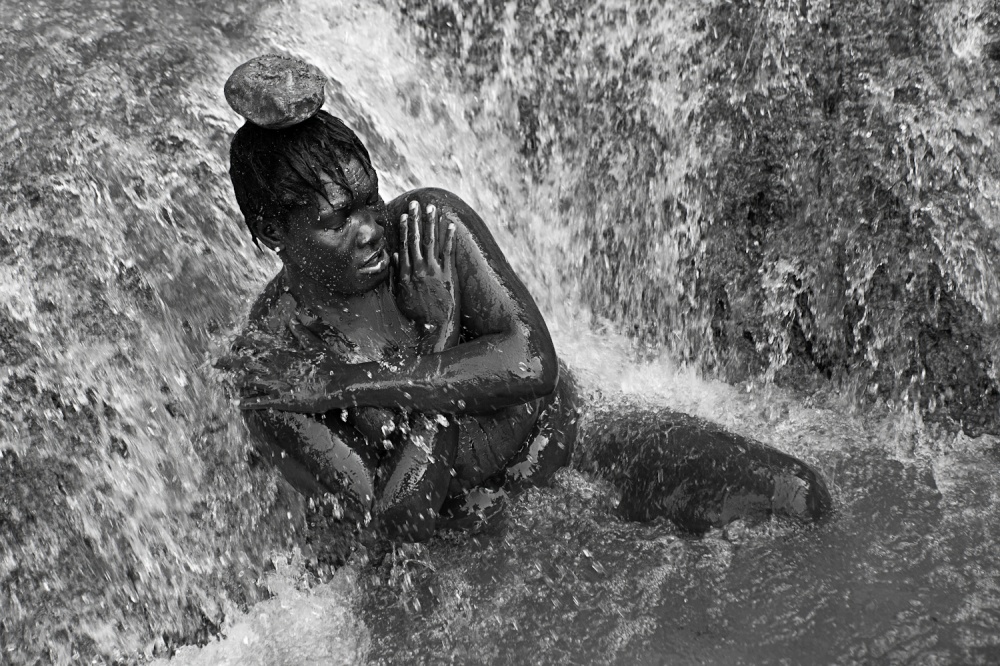Abducted and forced into barbaric slavery by the hundreds of thousands, the West African peoples exploited for labor on the Caribbean island of Hispaniola shared the spiritual bonds of their homelands. In the former French colony of Saint-Domingue, once among the richest in the world, slaves melded African beliefs rooted in ancestor worship and animism with Catholicism forced upon them by their oppressors and remnant practices of the island's exterminated indigenous peoples.
Vodou, derived from the word meaning "spirit" in the former Fon kingdom of West Africa, united slaves and inspired a revolution that gave birth to the nation of Haiti, the world's first and only republic founded by slave rebellion. Despite being banned and brutally suppressed in the colonial era, and persecuted and sensationalized by Western culture ever since, Vodou has survived all efforts at eradication and flourishes in Haiti to this day.
The religion recognizes a single supreme deity, or God, and a pantheon of supernatural beings known as Lwa in Haitian Kreyòl. These divine spirits embody forces and elements of nature, such as earth, water, air, and fire, and represent human values and emotions such as love, courage, wisdom, and justice. Important pilgrimages often take place in nature—the domain of many powerful Lwa—including waterfalls and pools, caves, and the ocean. Reflecting the highly syncretic nature of Vodou, pilgrimages coincide with Catholic holidays and feasts, and Lwa are closely associated with Catholic saints.
To Vodouisants, as adherents of Vodou faith are known, these sacred spirits have the power to intercede in the affairs of man, offering hope for divine intervention in matters of love, health, fortune, and all manner of personal hardship. The Lwa also have the ability to enter and take control of the human body. Through spirit possession, followers of Vodou—who are said to "serve the Lwa"—transcend their earthly human existence and enter the realm of the divine. As they say in Haiti: "The Catholic goes to church to talk about God; the Vodouisant dances in the temple to become God."
Through documentary photography, I seek to challenge dark prevailing views of this greatly misunderstood and maligned religion. Vodou is a complex spiritual worldview forged by a people subjected to unimaginable suffering since being abducted from their ancestral homelands. It deserves a more accurate and respectful depiction than that typically offered by misinformed and misguided Western culture. In my eyes, Vodou is the supreme expression of human spirituality—a faith of striking mysticism, intensity, and beauty that hearkens to the primal dawn of man, an inseperable union of earthly human existence, the natural world, and the divine.

























